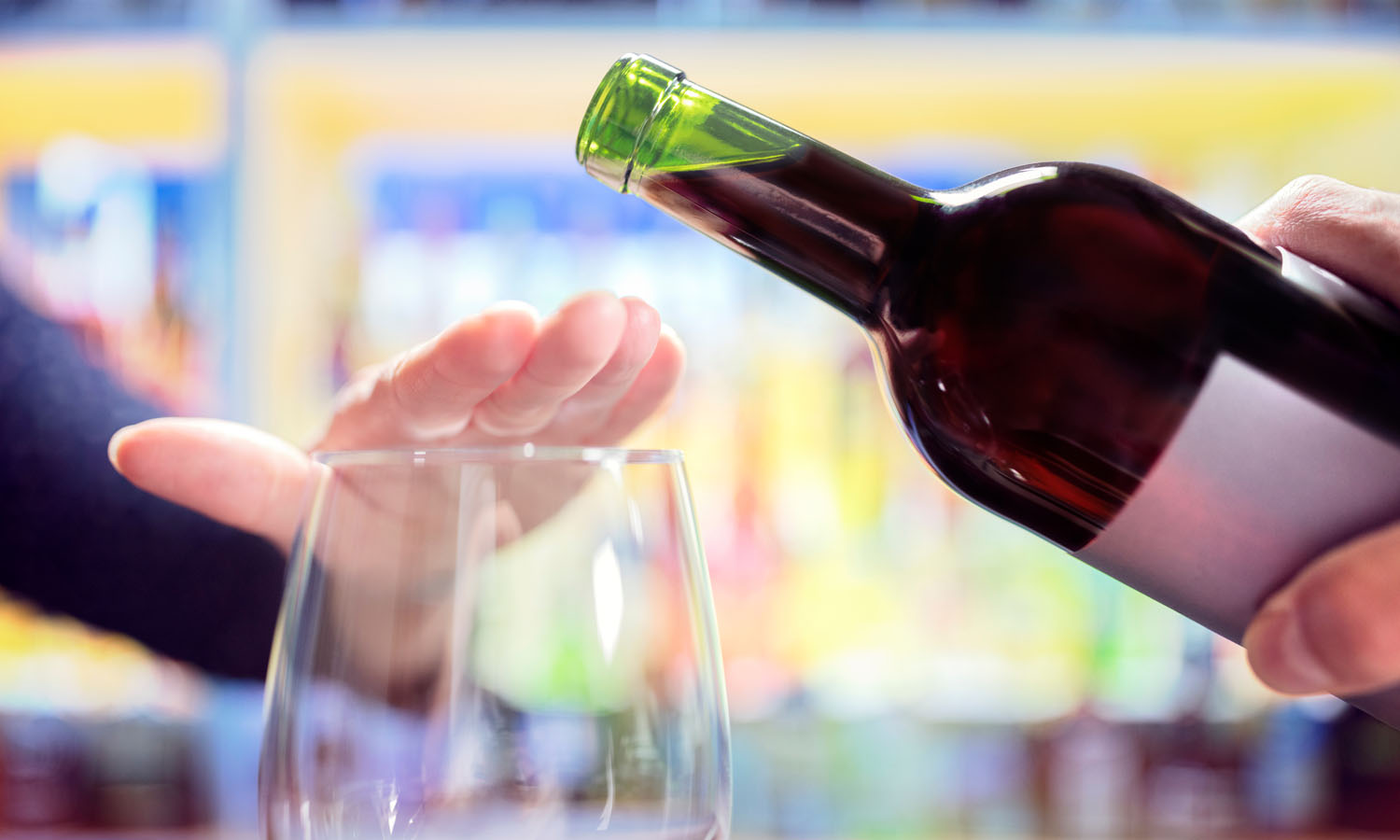
If you’re starting 2024 hoping to lose weight, sleep better, improve your mental health, and be more active, progress toward each these goals may be achieved with one single resolution: abstaining from alcohol. Dry January originated in 2013, in Britain. The idea was to give the body a month to heal itself after indulgent holiday celebrations. The benefits, however, may extend throughout the year.
The health risks of drinking alcohol, even in moderation, are numerous. The World Health Organization estimated that in 2016, alcohol contributed to 3-million deaths each year, from both chronic health conditions, accidental injury, suicide, and more. The WHO notes that earlier studies suggesting that moderate drinking has minimal health impacts are flawed and that there is no safe level of alcohol consumption.
There are, however, documented benefits to abstaining from alcohol. GoodRX notes that a pause in drinking alcohol lets the body heal and diminishes the risk of car accidents, falls, or accidental burns related to inebriation. Even those who drink on a regular basis can experience increased liver function by reducing alcohol consumption, possibly adding years to their lives.
The Harm Reduction Journal notes that one-month alcohol abstinence campaigns (OMACs) are beneficial even to those who don’t make it through the entire month. The principal benefits are weight loss and improved sleep. Those who drink moderately are more likely to succeed in abstaining for the entire month and to modify their consumption going forward. Unsuccessful OMAC participants even report beneficial health effects. According to the Centers for Disease Control, abstaining from alcohol can have extra benefits for women, who tend to absorb more alcohol their bodies and metabolize it more slowly than men.
Physical benefits are matched by mental health improvements. The journal Alcohol Health and Research World explains that alcohol can effect levels of the neurotransmitter serotonin, resulting in changes in brain function. Stress and anxiety decrease with abstinence and improved mental acuity can lead to better relationships with family and friends. Better concentration and focus leads to more productive work. And the weight loss and improved energy associated with abstaining from alcohol can improve self-esteem.
How can you have a successful Dry January? The National Institute on Alcohol Abuse and Alcoholism has a few suggestions. For starters, take stock of your relationship with alcohol. Recognize the situations in which you drink. Maybe it’s to socialize at a bar, to watch a sporting event on TV, or to unwind after a long day at work. Look for substitutes in each situation. Instead of meeting friends at a bar, meet them at the driving range, coffee shop, or park. Instead of watching the big game with a beer in hand, try a carbonated water or cup of tea. Have non-alcoholic beverages readily available.
Let your friends and family know that you’re staying dry through the month. They can help you recognize your drinking patterns and avoid them. Practice declining offers for a drink. And consider the money you’ll save by drinking water at your favorite restaurant instead of a glass of chardonnay.
Most of all, note the differences in your physical and mental health as the month progresses. Recognizing these improvements can motivate you to keep going. Have a plan in place before the month ends to reintroduce alcohol or modify your drinking over the long term to benefit from a dryer 2024.
Keep in mind that the Dry January challenge is not a solution for those struggling with alcohol dependency. See your Kinwell clinician for information on steps you can take to safely reduce your alcohol consumption. Ask your clinician about Kinwell behavioral health specialists who can help you reach your alcohol reduction or abstinence goals. Set up an appointment through your MyChart account, the Kinwellhealth.com website, or call 833-411-5469.


